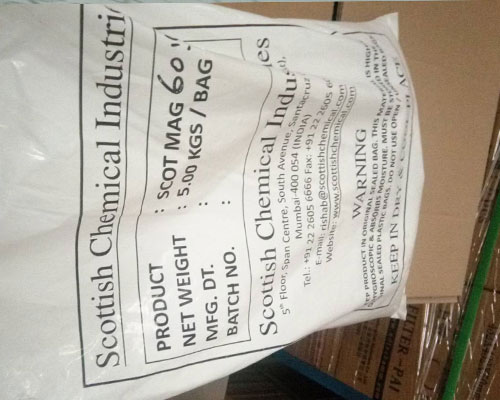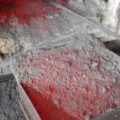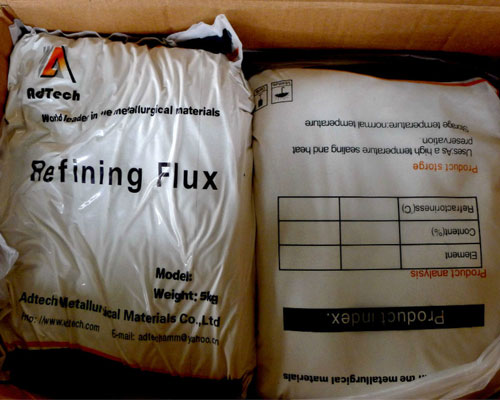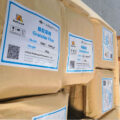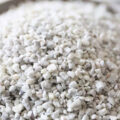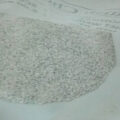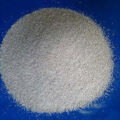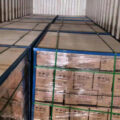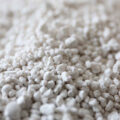The aluminum refining agent can play the role of degassing and removing impurities, making the aluminum alloy solution more pure and improving its mechanical properties.
Many people don’t know much about refining agents, but there are still many people asking many questions about refining agents on the Internet. For example: the role of the refining agent, the formula of the refining agent, the composition of the refined oil, the price of the refining agent, the wholesale of the refining agent, manufacturers and suppliers. Let’s let the editor introduce the above issues to everyone!
Aluminum refining agent is white (slightly gray) powdery fine particles, and its main components are chloride and fluoride salts and other compounds. After proper heat treatment and sieving, the particle size is uniform, which is beneficial for the carrier gas (N 2 or under the action of Ar) in the refining tank to uniformly enter the lower layer of molten aluminum through physical and chemical changes. Molten aluminum forms a large number of small bubbles, which completely contact the molten aluminum to separate liquid aluminum [H] and other harmful gases. There are some substances in the refining agent, which will strongly absorb and melt oxides and suspended matter, and stick to the bubbles. As the bubbles rise, they are brought to the surface of the molten aluminum for the purpose of refining, purifying, degassing and removing slag.
Aluminum refining agent is economical and can meet the production of high value-added, high-tech performance aviation, transportation and other aluminum alloy precision castings. Such as: computer hard disk, micro aluminum foil cotton, printed PS base, can be made into materials, jet turbine engine fan blades and other products.
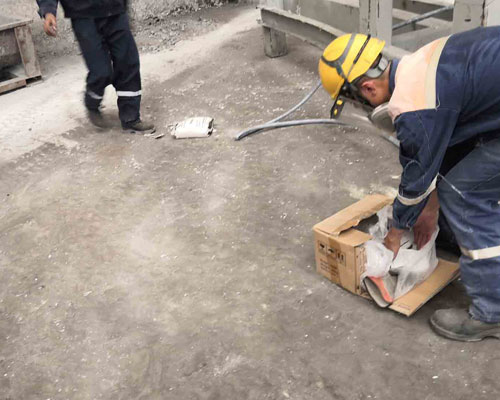
The spraying method of aluminum alloy refining agent has a larger contact area with molten aluminum. The refined preparation in powder form is sprayed into the solution through a powder sprayer. Nitrogen and argon are usually used as carriers for spraying and form a large number of dispersed bubbles in the aluminum alloy solution. During the floating process of the bubbles, the aluminum melt will completely contact and quickly remove the gas and inclusions in the aluminum liquid. The refining agent should be added according to the weight of the molten aluminum, because too much or too little will affect the performance of the aluminum alloy, so it must be calculated before adding. When operating the refining agent, the operator should freely control the refining flow through the barometer and powder feeder to control the rolling degree of the molten aluminum, thereby reducing secondary pollution.

